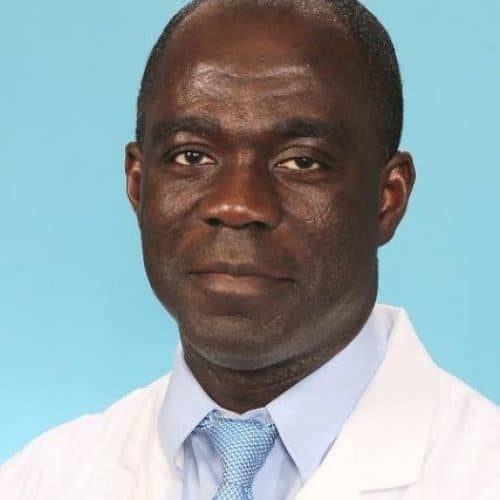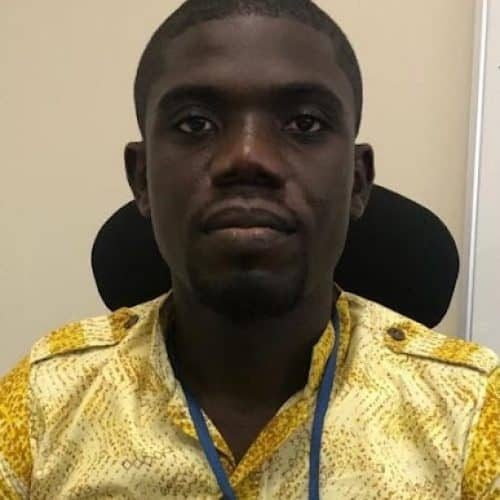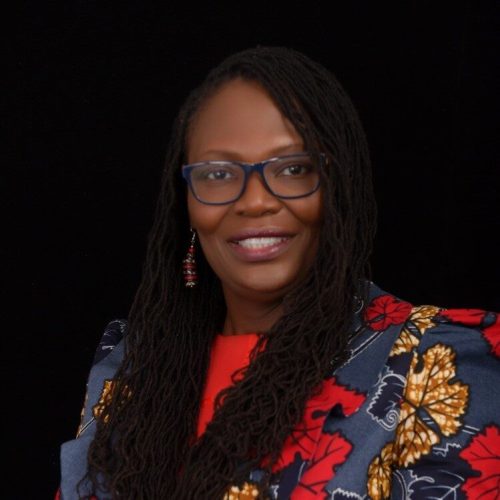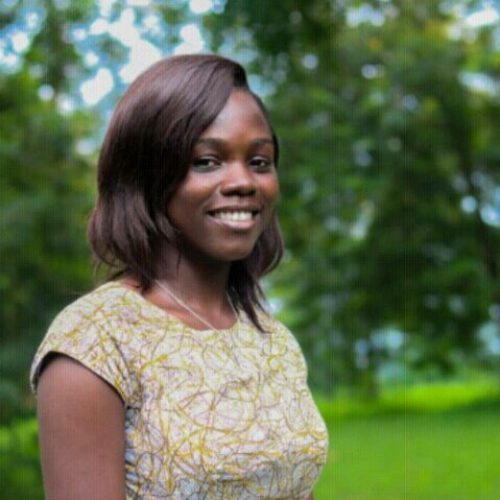Computer-Aided Drug Discovery Program For NTDs Control


Neglected tropical diseases (NTDs) cause enormous suffering, morbidity, and significant numbers of deaths. Globally billion people suffer from them and for those termed tool-ready NTDs, the recommended control strategy is mass drug administration (MDA) with drugs and others including Buruli ulcer prolonged treatment with antibiotics, additionally, no vaccines are commercially available. We are concerned the current drugs have been used extensively for long periods, which will lead to reduced efficacies and/or resistance in the long term. The conventional approaches to drug discovery are very challenging, expensive, and time-consuming processes, need several hands and take approximately 15 years to get approval. It is also characterized by a low rate of therapeutic discovery, which in some cases involves bioprospecting. Moreover, the number of approved drugs is steadily declining because of these challenges, with toxicity accounting for approximately one-third of withdrawals and the rest mostly due to early-stage terminations that are related to suboptimal efficacy and safety issues. In-silico approaches will overcome most of these research and development (R&D) challenges by reducing costs.
Use computer-aided drug discovery and design approaches to identify drug targets and novel compounds with modes of action. Our focus is on bacterial disease (TB, BU), STH (hookworm, schistosomiasis and leishmaniasis), and viral diseases (Ebola, dengue and coronaviruses).
- Samuel K. Kwofie, Emmanuel Broni, Faruk U. Yunus, John Nsoh, Dela Adoboe, Whelton A. Miller III and Michael D. Wilson (2021). Molecular docking simulation studies identify potential natural product derived-anti-Wolbachia compounds as filaricides against onchocerciasis. Biomedicines, 9,
- Louis K.S. Darko, Emmanuel Broni, Dominic S. Y. Amuzu, Michael D. Wilson, Christian S. Parry, Samuel Kojo Kwofie. (2021). Computational study on potential novel anti-Ebola virus protein VP35 natural compounds. Biomedicines.
- Kwofie, S.K.; Broni, E.; Asiedu, S.O.; Kwarko, G.B.; Dankwa, B.; Enninful, K.S.; Tiburu, E.K.; Wilson, M.D. Cheminformatics-based identification of potential novel anti-SARS-CoV-2 natural compounds of African origin. Molecules 2021, 26, 406. doi: 10.3390/molecules26020406
- Kwofie, S.K.; Dolling, N.N.O.; Donkoh, E.; Laryea, G.M.; Mosi, L.; Miller, W.A., III; Adinortey, M.B.; Wilson, M.D. Pharmacophore-guided identification of natural products as potential inhibitors of Mycobacterium ulcerans Cystathionine γ-Synthase MetB. Computation 2021, 9, 32. doi: 10.3390/computation9030032
- Broni, E.; Kwofie, S.K.; Asiedu, S.O.; Miller, W.A., III; Wilson, M.D. A molecular modelling approach to identify potential antileishmanial compounds against the cell division cycle (CDC)-2-related kinase 12 (CRK12) receptor of Leishmania donovani. Biomolecules 2021, 11, 458. doi: 10.3390/biom11030458
- Asiedu, S.O.; Kwofie, S.K.; Broni, E.; Wilson, M.D. Computational identification of potential anti-inflammatory natural compounds targeting the p38 mitogen-activated protein kinase (MAPK): Implications for COVID-19-induced cytokine storm. Biomolecules 2021, 11, 653. doi: 10.3390/biom11050653
- Odame Agyapong, Seth O. Asiedu, Samuel K. Kwofie, Whelton A. Miller III, Christian S. Parry f, Robert A. Sowah, Michael D. Wilson. Molecular modelling and de novo fragment-based design of potential inhibitors of beta-tubulin gene of Necator americanus from natural products. Informatics in Medicine Unlocked 2021, 26, 100734. doi.org/10.1016/j.imu.2021.100734
- Joseph Adams, Kwasi Agyenkwa-Mawuli, Odame Agyapong, Michael D. Wilson and Samuel K. Kwofie EBOLApred: A machine learning-based web application for predicting cell entry inhibitors of the Ebola virus. Computational Biology and Chemistry 2022, doi:https://doi.org/10.1016/j.compbiolchem.2022.107766





